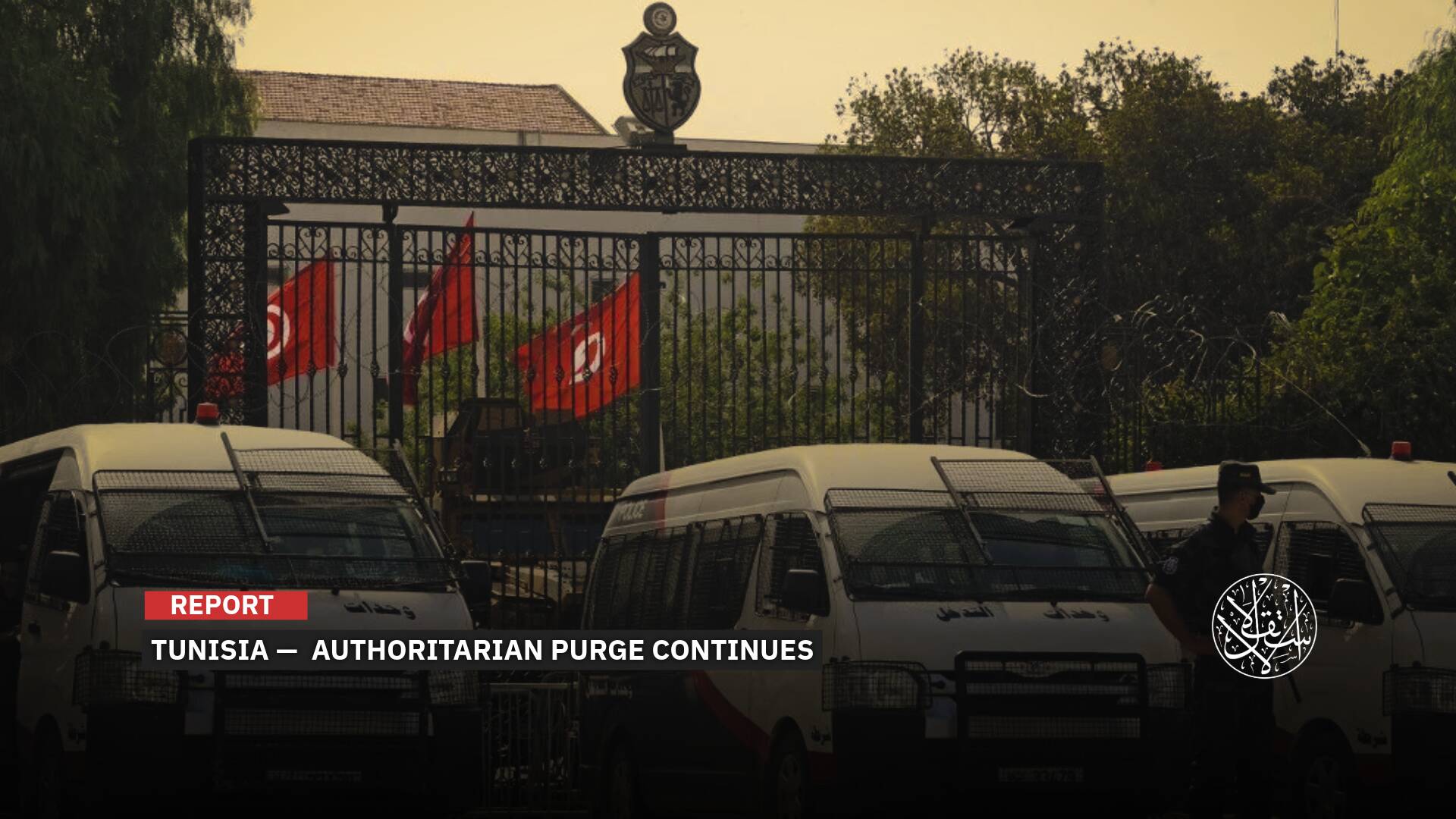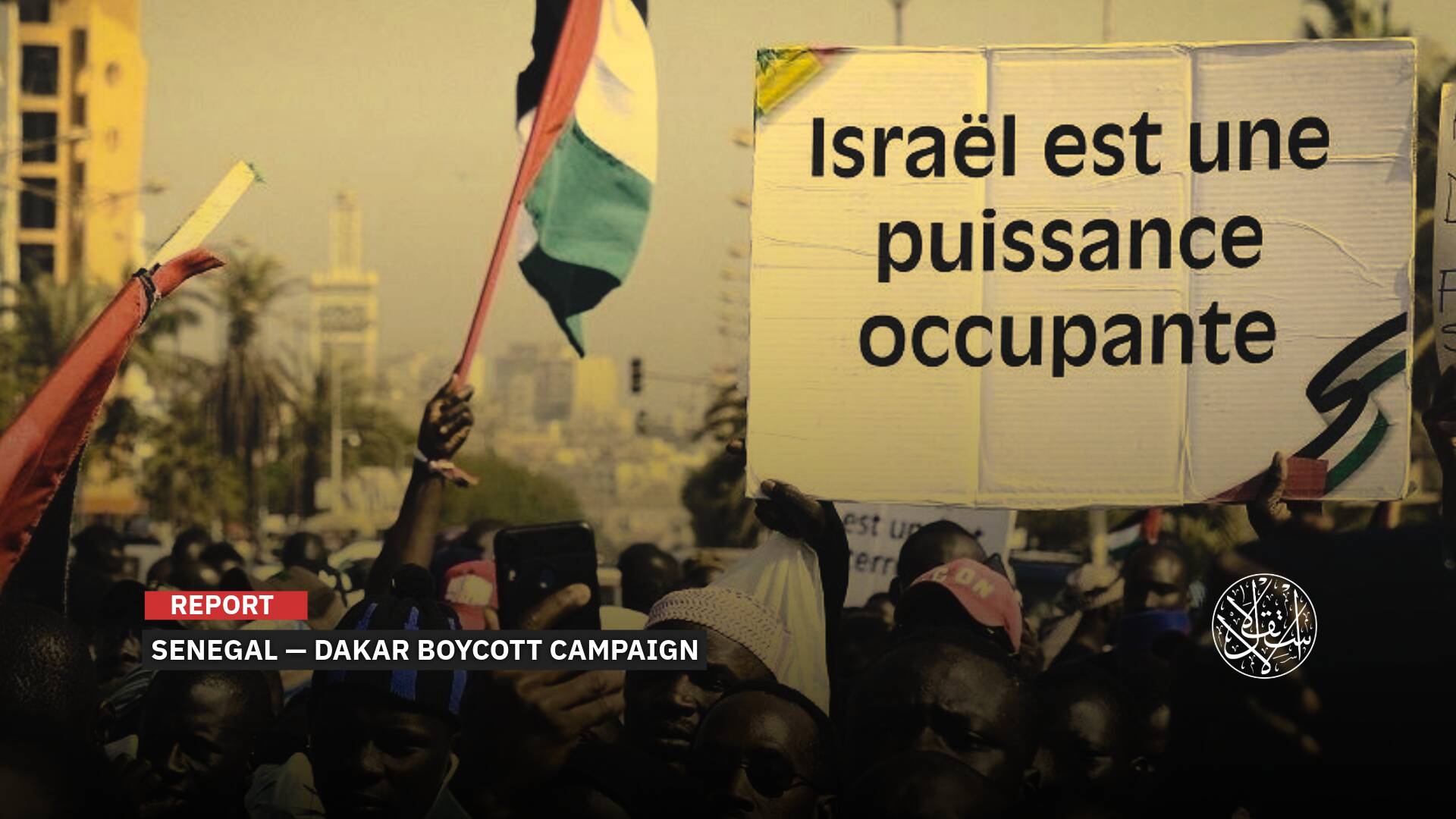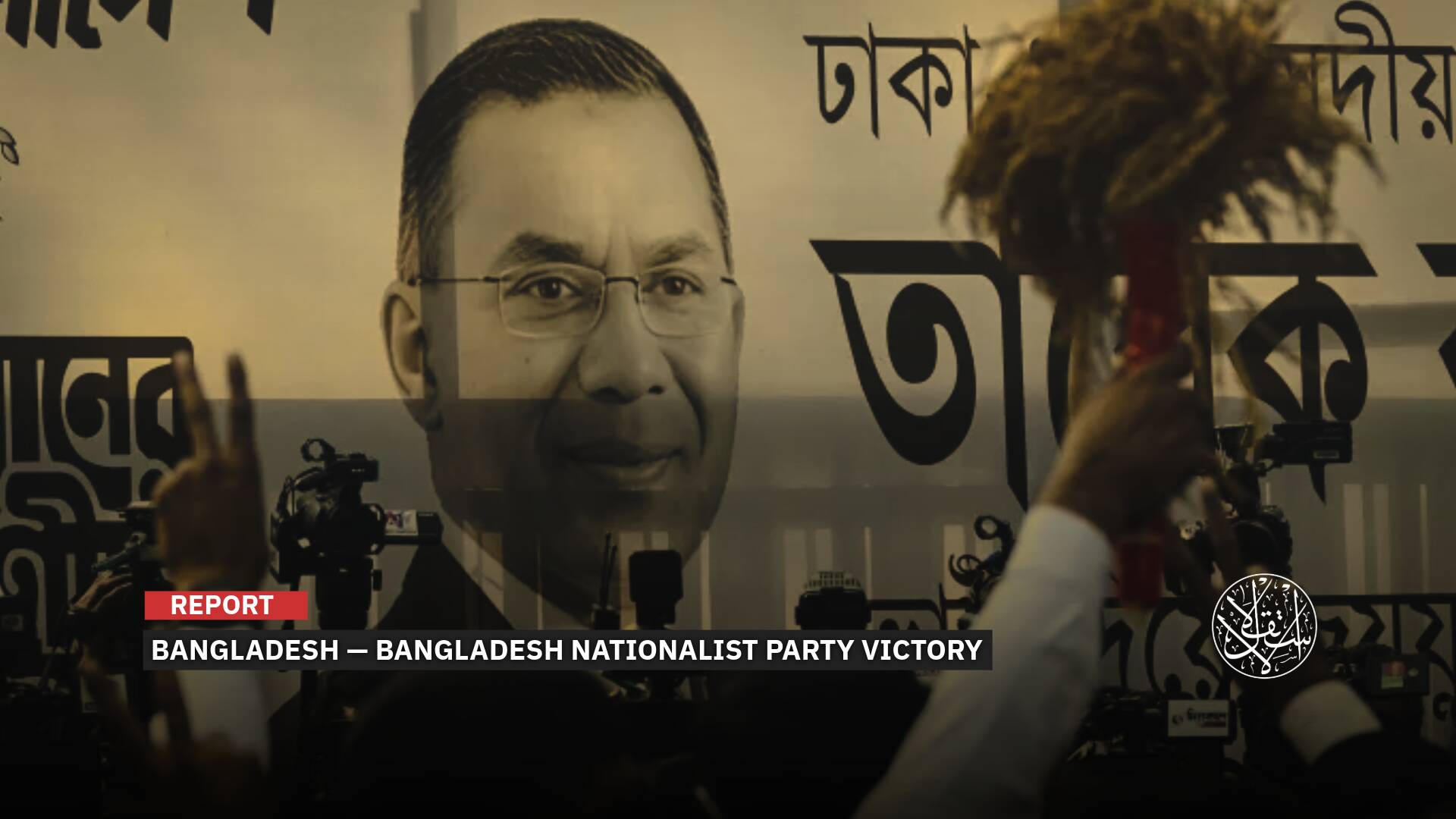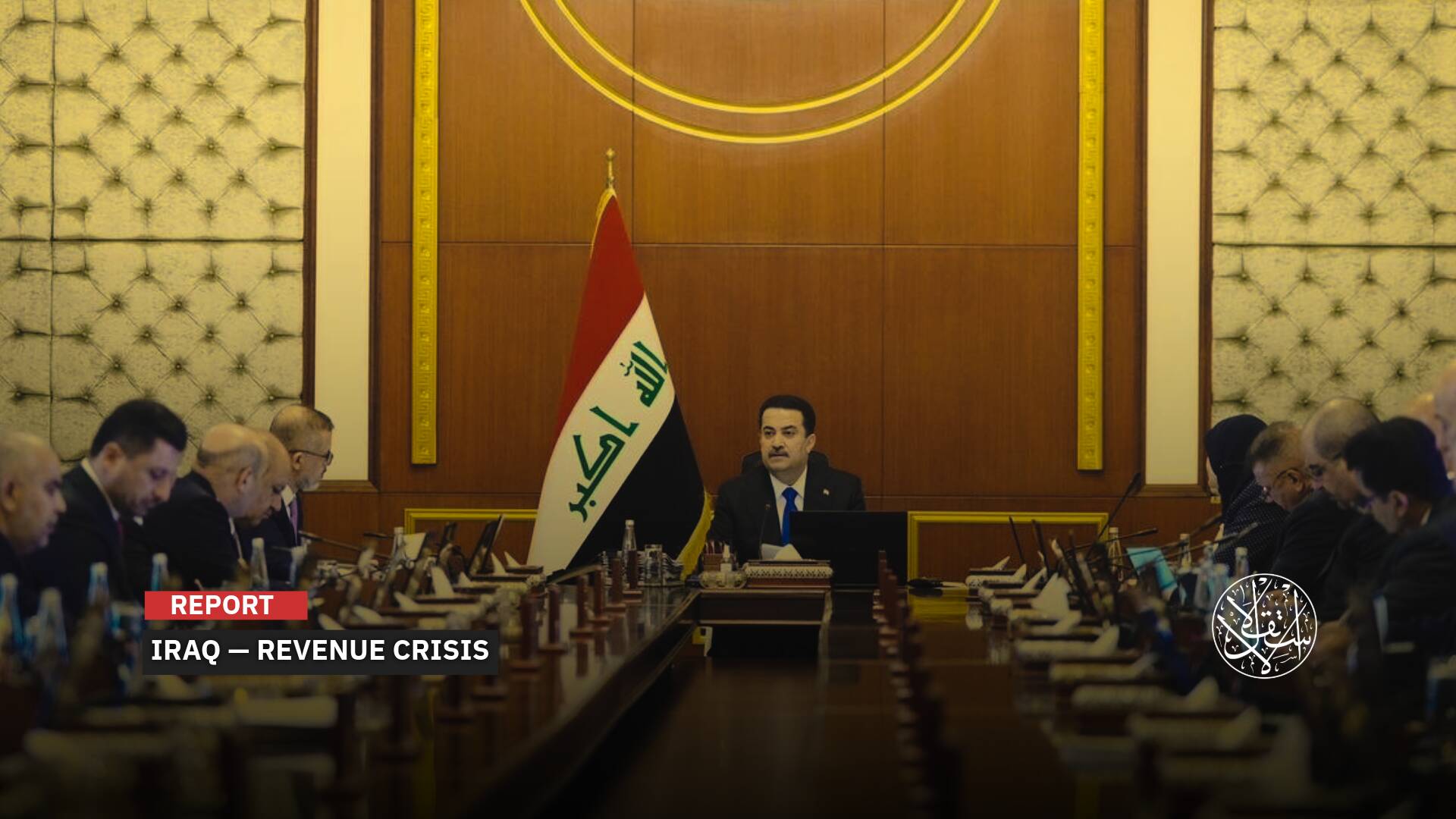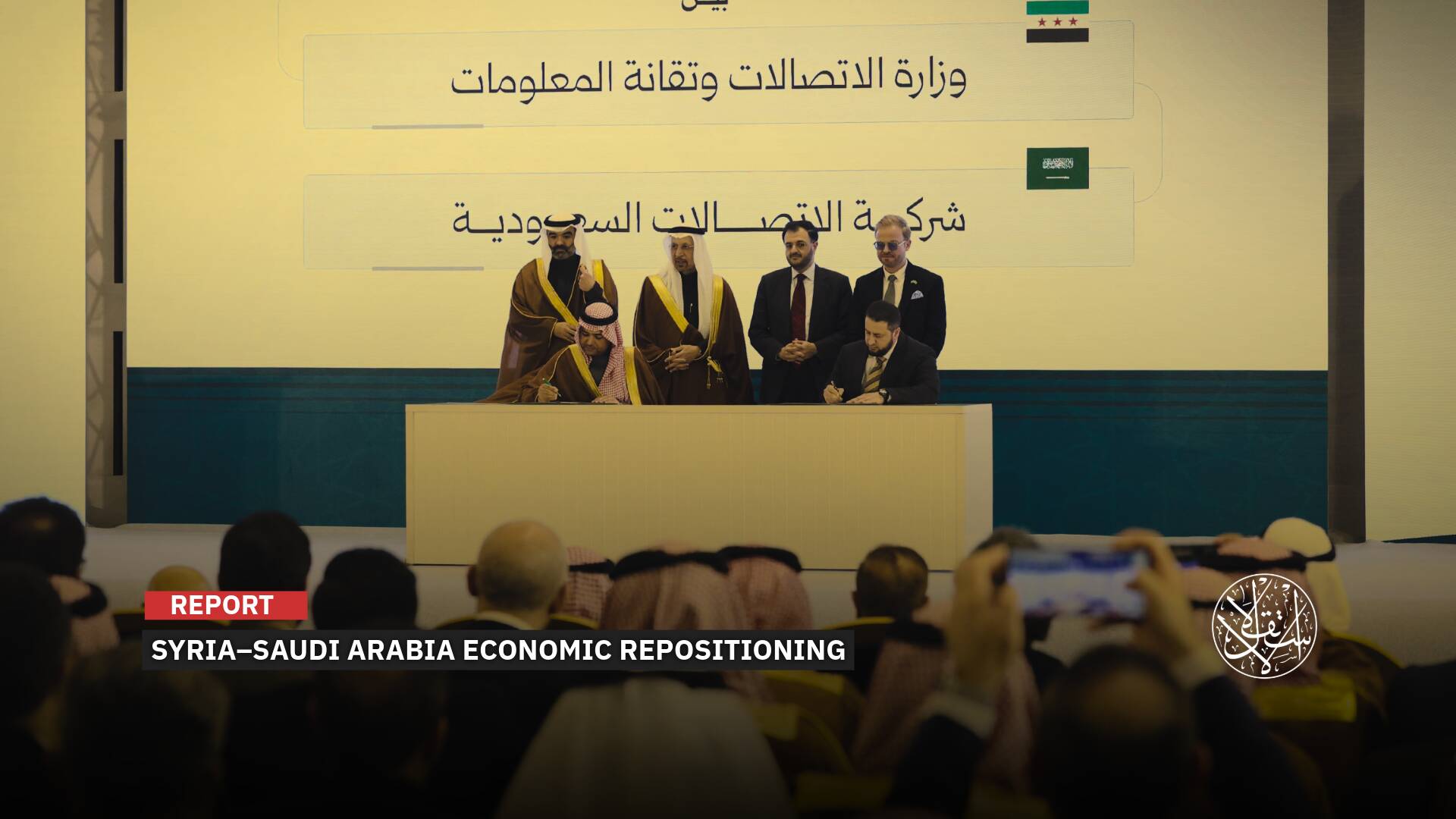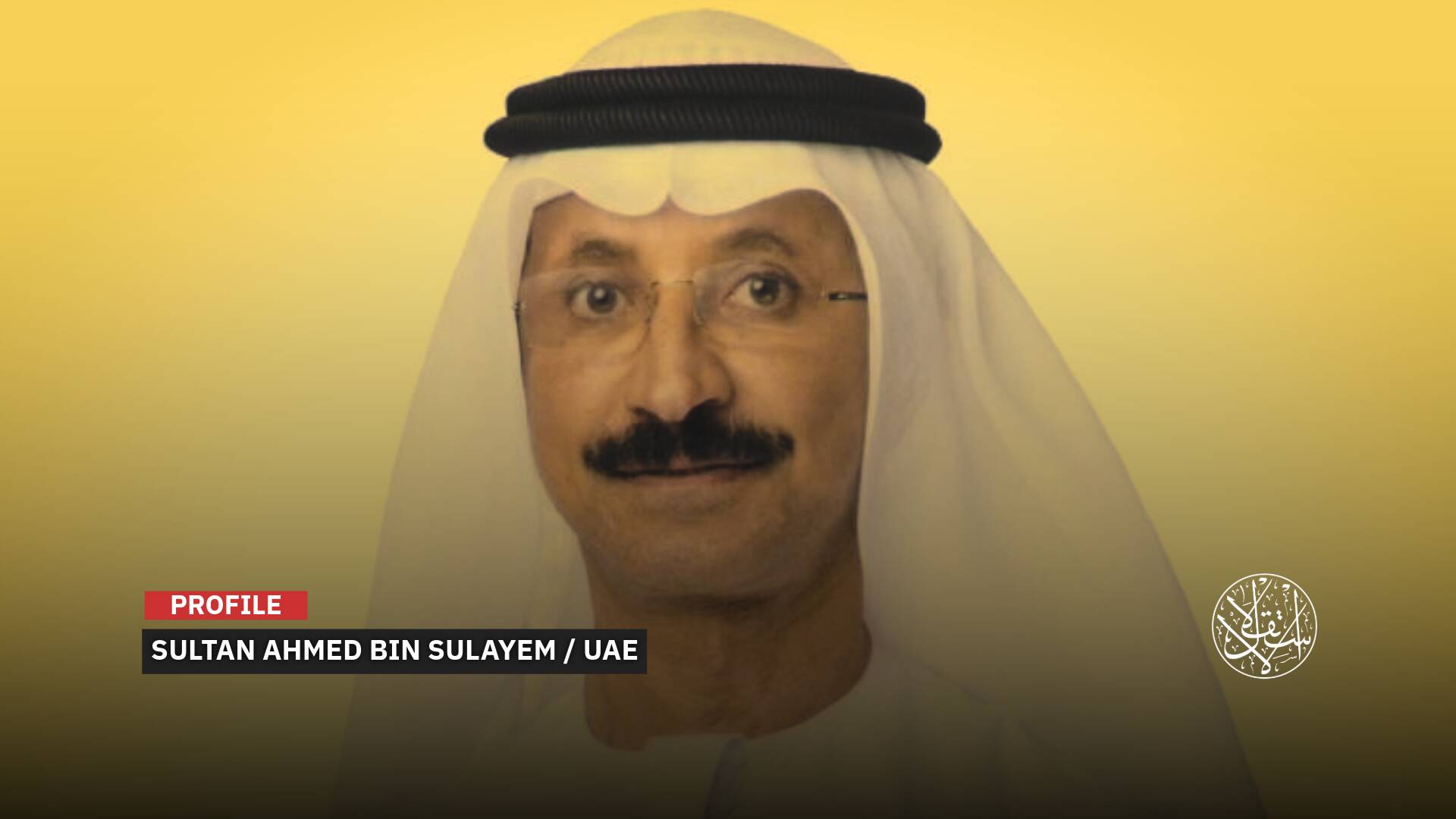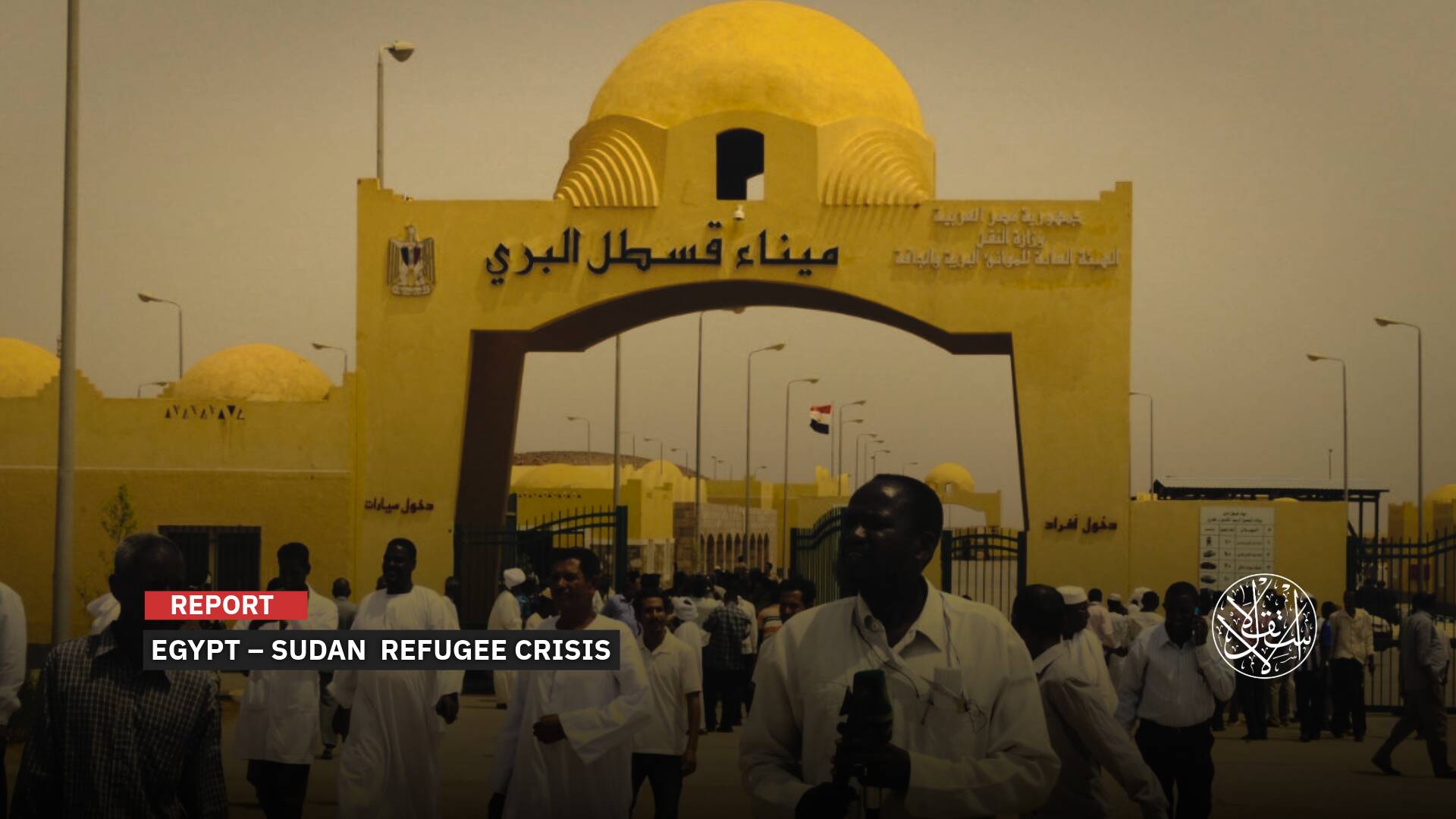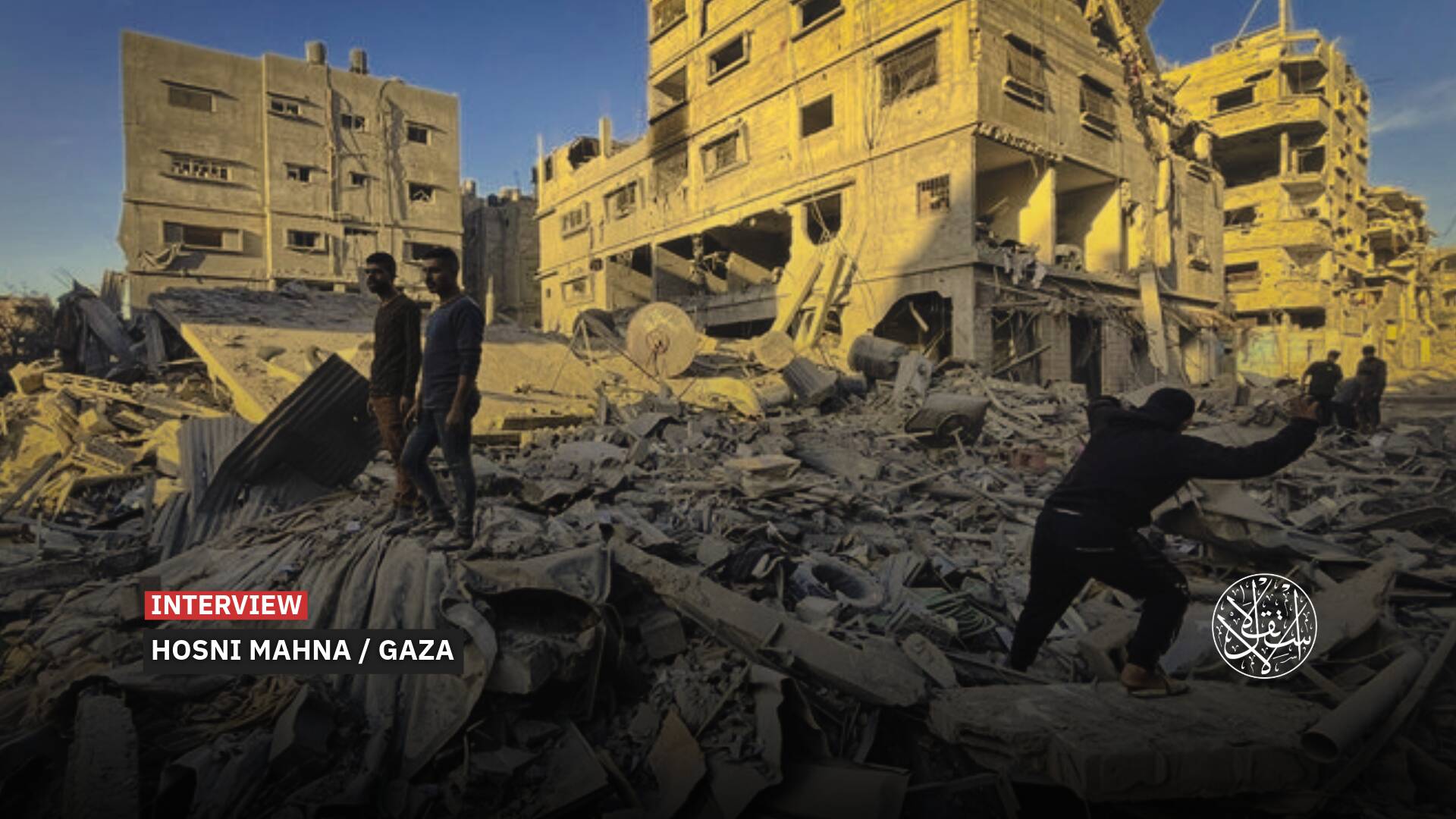Amid Many Challenges: Will Transitional Justice in Syria Succeed in Preventing Revenge?

“The fall of Syrian president Bashar al-Assad presents an opportunity for a transitional justice process.”
While Syrians were searching for those who were arrested under the rule of ousted Syrian President Bashar al-Assad, the focus has returned to the transitional justice file, which is an important issue on the path to building a new pluralistic Syria.
In the same context, the Department of Political Affairs confirmed that the next stage requires comprehensive societal reconciliation during which trust is built between the various components of society on the principles of justice and respect for human rights.
Najat Rochdi, Deputy Special Envoy for Syria, recently said that transitional justice is important for national reconciliation and the future of Syria, hoping that Syria will witness transitional justice, not revenge.
Legal experts believe that moving forward towards establishing a new Syria and restoring trust between the components of society is based primarily on real and effective transitional justice, and they believe that national reconciliation cannot be achieved until full justice is achieved and the victims of the former regime are compensated.
Observers have warned that Syria could face major challenges after the fall of the Assad regime, which was based on family and sectarian loyalties, and the potential conflict between armed opposition factions and different sects.
Transitional Justice
In light of the tense conditions that followed the fall of the Assad regime on December 8, 2024, Hayat Tahrir al-Sham leader Ahmed al-Sharaa (Abu Mohammed al-Golani), made statements aimed at calming the Syrian street and preserving the unity of the national ranks.
These statements represent an important step towards establishing a legal and ethical framework for managing the transitional phase, especially with the anticipation of international support to achieve justice for Syrian victims and detainees.
Al-Sharaa stressed that the opposition will not allow the country to slide into civil war or random revenge, stressing the importance of applying justice legally according to the courts and judiciary.
“Anyone involved in the torture or killing of detainees during the deposed president’s rule would be hunted down and pardons were out of the question,” he said.
He also indicated that the opposition will soon reveal a first list of the names of those involved in the crimes of murder and torture, stressing that the blood and rights of the innocent dead and detainees will not be wasted or forgotten.
However, the biggest challenge remains in implementing these promises on the ground, in a way that ensures justice and prevents the slide into revenge and chaos.
These statements came in the context of the widespread dissemination of photos and video clips showing the extent of the tragedy in prisons, as horrific photos of released detainees in deteriorating health and mental conditions were leaked.
In addition to scenes of corpses bearing signs of horrific torture inside many prisons, such as Sednaya Prison. These images sparked widespread popular anger that is still raging and demands immediate justice for those martyrs and detainees.
Many Syrians also demanded that those responsible for the crimes committed by the pillars of the Assad regime be held accountable, whether they were military, civilian or political.

Political Reconciliation
The difficult task in Syria has been accomplished with the fall of the Assad regime, but the Syrian people still have to work on accomplishing the most important thing, which is to heal the wounds of the past and begin the process of rebuilding the new Syria.
Between national reconciliation and comprehensive justice, the equation seems difficult in terms of determining priorities.
It is impossible to imagine political reconciliation between the ethnic and sectarian spectrums of society without starting with fair trials that punish the criminals and provide justice to the victims.
The fall of the Assad regime does not mean forgetting. History says that most of the experiences of transitional justice in the world took the form of truth and reconciliation committees, and were established under pressure from civil forces and human rights organizations that supported the demands of the victims’ families.
Therefore, the new Syrian authority seeks to balance between the victims' demands for justice with the need to prevent violence and secure international aid.
In turn, the Euro-Mediterranean Human Rights Monitor called for the need to achieve transitional justice in Syria and respect the rights of all groups and individuals who have suffered from many serious violations of their rights over decades.
It stressed that the importance of transitional justice lies in avoiding revenge, recognizing victims and enhancing individuals' confidence in state institutions.
On his part, analyst Radwan Ziadeh explained in a statement to Al-Estiklal that “the new Syria faces fateful entitlements fraught with mines of the past, requirements of the present, and aspirations of the future.”
“It is not easy to overcome the legacy of the bloody Assad regime, which is still immortal in the memory of the Syrian people. Therefore there must be justice that removes the widespread violations of the past, and this will only be achieved in accordance with the principles of the Universal Declaration of Human Rights and the methodology of transitional justice,” he said.
In conclusion, Mr. Ziadeh called on the international community to strengthen its efforts to prosecute perpetrators of crimes against humanity and war crimes in Syria before international courts, stressing that transitional justice in Syria is not just a local demand but a global duty.

Fair Trials
In turn, the UN High Commissioner for Human Rights, Volker Türk, stressed during a press conference held on December 9, the importance of placing the rights of the Syrian people at the heart of the transition process, stressing the need to protect all minorities and avoid acts of revenge.
He stressed the need to ensure that human rights are at the heart of the transition process to achieve justice and sustainable peace.
Amnesty International called on the Syrian opposition forces to break free from the violence of the past, noting that the most important step is justice, not revenge.
It also urged that any measures proposed to move forward from this deadly chapter in Syria’s history need to be rooted in the principles of justice, accountability and non-recurrence.
It pointed out that those suspected perpetrators of crimes under international law and other serious human rights violations must be investigated, and if warranted, prosecuted for their crimes in fair trials.
In another context, UN investigators have drawn up confidential lists of 4,000 perpetrators of war crimes and serious crimes in Syria, expressing their hope that accountability will be ensured at the highest levels.
“It is very important that the top-level perpetrators are brought to justice,” said Linnea Arvidsson, who coordinates the United Nations Commission of Inquiry on Syria (COI).
“The focus should be on those who carry the main responsibility for the violations that have been committed for so many years, rather than the lower-level perpetrators,” she told AFP in an interview.
The lists have never been made public, but the investigators have shared details with prosecutors in jurisdictions that have investigated and brought cases against suspected Syrian war criminals.
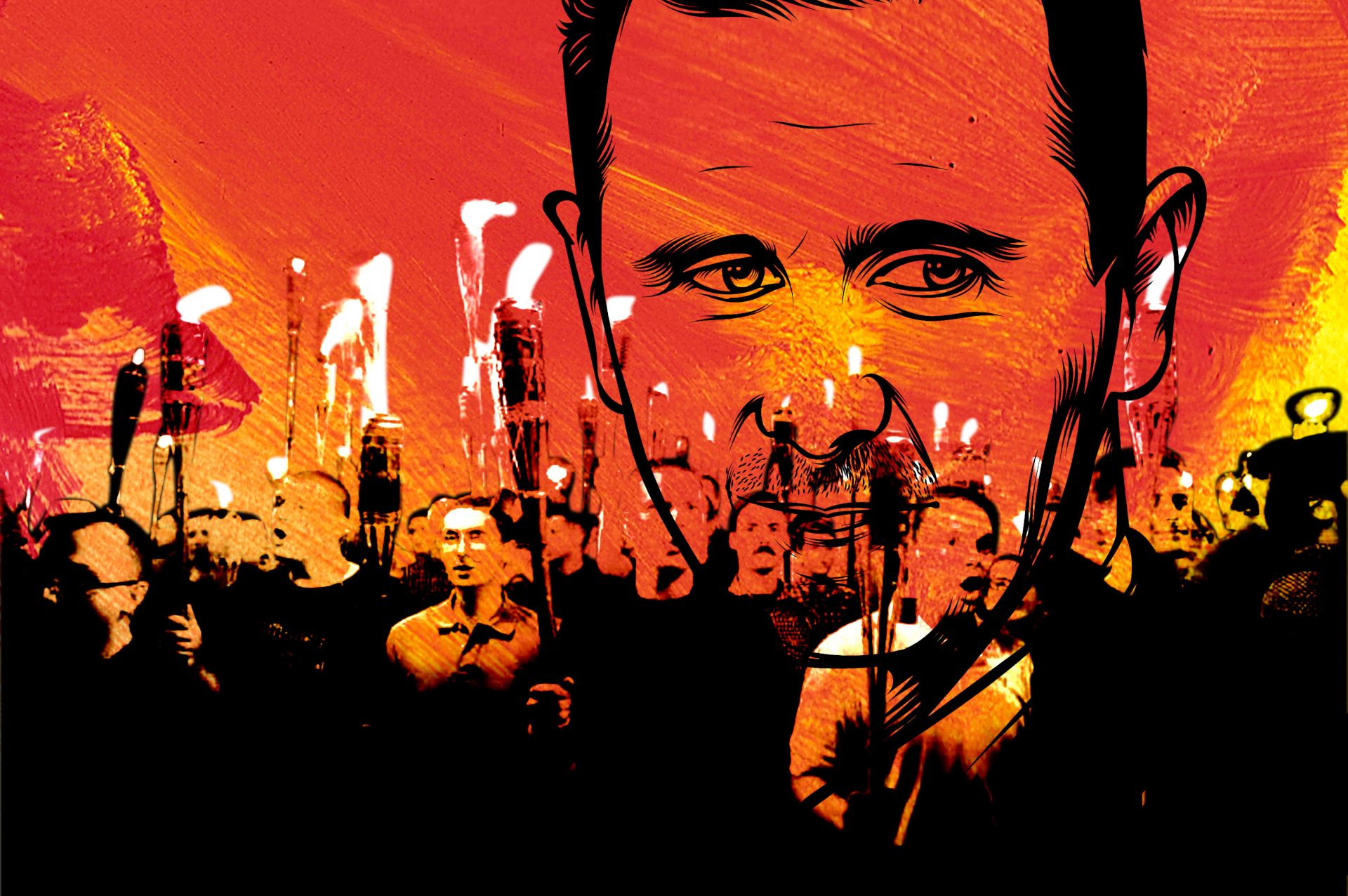
On his part, human rights activist Abdulnasir Houshan told Al-Estiklal that “transitional justice programs that seek to hold those responsible for crimes accountable and compensate victims should be adopted, with the aim of spreading a culture of tolerance that enhances trust among the various sects of the Syrian people.”
“Rebuilding a pluralistic political system requires a comprehensive approach that combines transitional justice and community reconciliation, which contributes to shaping an aware generation capable of facing post-war challenges,” he added.
Mr. Houshan noted that “Syria should draw inspiration from countries such as South Africa, which succeeded in overcoming the legacy of apartheid through transitional justice mechanisms.”
“The Rwandan experience is also an inspiring example, where a divided society after the genocide was brought together through national reconciliation efforts and broad community participation,” he said.
Sources
- Syria’s al-Sharaa promises to punish those who tortured, killed detainees
- UN investigators say 4,000 Syrian rights abusers identified
- The Challenges Facing Syria’s New Government
- Syria: Historic opportunity to end and redress decades of grave human rights violations under President Assad must be seized
- Syria: Transitional phase requires respect for international law, establishment of community reconciliation mechanisms to achieve justice


